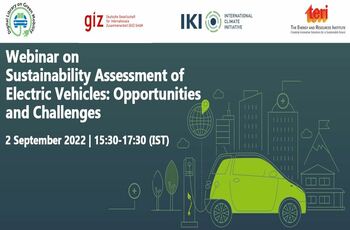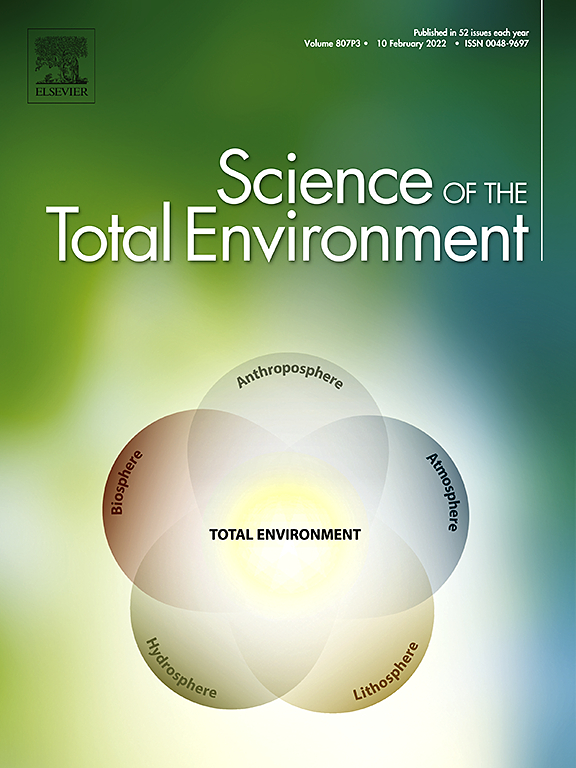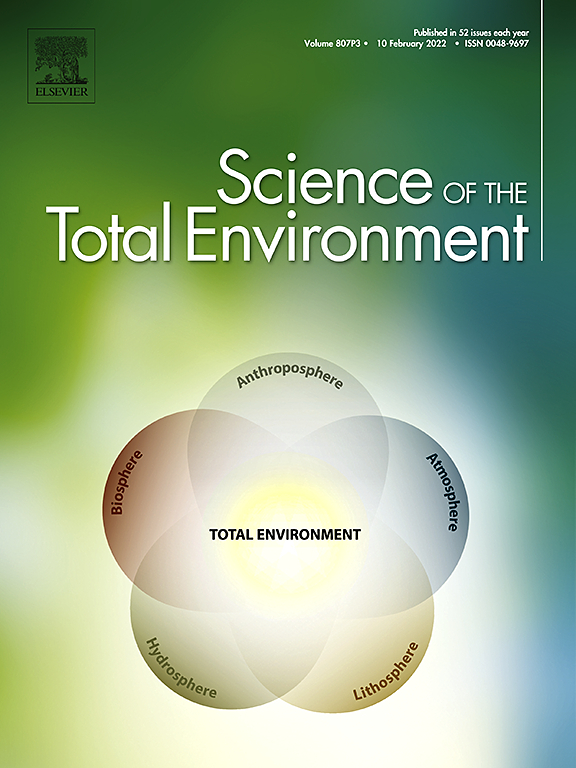Knowledge Hub
Electrification of Public Transport: A Case Study of the Shenzhen Bus Group
2021
Author(s): World Bank
This case study on the electrification of buses and taxis is part of a larger effort by the World Bank Transport Global Practice to share China’s experience in rolling out electric mobility to the international community so that other governments can make more informed decisions, avoid potential risks, save resources, and connect to experts in the field and build capacity. The case study is organized into four main parts: Part I: The Policy and Enabling Environment of Electrification of Buses in Shenzhen; Part II: The Business Model and Implementation of SZBG’s Transition to Electric Mobility; and Part III: Assessing the Costs and Benefits of SZBG’s Transition to Electric Mobility.
Motorization Management for Development: An Integrated Approach to Improving Vehicles for Sustainable Mobility
2022
Author(s): Roger G, Bose D, Cordeiro M, Darido G, Koupal J, Krishnan R, Neki K, Qiu Y
This report presents the World Bank’s Motorization Management (MM) framework, which is intended to support client countries in the development of policies and measures aimed at managing vehicle stocks in a proactive, phased, and systematic manner to make them safer, cleaner, and more fuel efficient. The MM framework reflects a series of policy considerations and programs that can be implemented to improve the quality of fuels and vehicles in a country’s stock.
A Review of the Life Cycle Carbon Footprint of Electric Vehicle Batteries
2022
Author(s): Li P, Xia X, Guo J
Facing increasingly severe climate change, countries and regions worldwide are actively promoting the electrification of the transportation sector and encouraging the use of electric vehicles (EVs) to replace traditional internal combustion engine vehicles (ICEVs).
Optimising the Geospatial Configuration of a Future Lithium Ion Battery Recycling Industry in the Transition to Electric Vehicles and a Circular Economy
2022
Author(s): Nguyen-Tien V, Dai Q, Harper GDJ, Anderson PA, Elliott RJR
This paper provides an economical, environmental, and geospatial analysis of a future LiB recycling industry in the UK. Hitherto, state-of-the-art assessment methods have evaluated life cycle impacts and costs but have not considered the geographical layer of the problem.

Sustainability Assessment of Electric Vehicles: Opportunities and Challenges
2022
Author(s): TERI and GIZ India
The webinar focused on the need for an integrated sustainability assessment of EVs incorporating environmental and socio-economic factors.

Which Type of Electric Vehicle Is Worth Promoting Mostly in the Context of Carbon Peaking and Carbon Neutrality? A Case Study for a Metropolis in China
2022
Author(s): Yu Y, Xu H, Cheng J, Wan F, Ju L, Liu Q, Liu J
In this study, the authors quantified and compared the GHG emissions of different powertrain vehicles in a life cycle perspective with a particular focus on energy and climate consequences for current and future integrated scenarios to facilitate carbon reduction assessment for Shanghai.
Life Cycle Assessment of Lithium Nickel Cobalt Manganese Oxide Batteries and Lithium Iron Phosphate Batteries for Electric Vehicles in China
2022
Author(s): Feng T, Guo W, Li Q, Meng Z, Liang W
In this paper, lithium nickel cobalt manganese oxide (NCM) and lithium iron phosphate (LFP) batteries, which are the most widely used in the Chinese electric vehicle market, are investigated, and the production, use, and recycling phases of power batteries are specifically analyzed based on life cycle assessment (LCA).

Life Cycle Assessment of Battery Electric Vehicles: Implications of Future Electricity Mix and Different Battery End-of-Life Management
2022
Author(s): Koroma MS, Costa D, Philippot M, Cardellini G, Hosen MS, Coosemans T, Messagie M
This study conducts a scenario-based Life Cycle Assessment (LCA) of three different scenarios combining four key parameters: future changes in the charging electricity mix, battery efficiency fade, battery refurbishment, and recycling for their collective importance on the life-cycle environmental performance of a BEV.
Environmental Impact Assessment of Second Life and Recycling for LiFePO4 Power Batteries in China
2022
Author(s): Wang Y, Tang B, Shen M, Wu Y, Qu S, Hu Y, Feng Y
To investigate the environmental benefits of end-of-life (EoL) stage for LFP batteries, two EoL management scenarios are considered in this study.
If Electric Cars Are Good for Reducing Emissions, They Could Be even Better with Electric Roads
2022
Author(s): Morfeldt J, Shoman W, Johansson DJA, Yeh S, Karlsson S
This research investigates carbon footprint impacts for full fleet electrification of Swedish passenger car travel in combination with different charging conditions, including an electric road system (ERS) that enables dynamic on-road charging.



